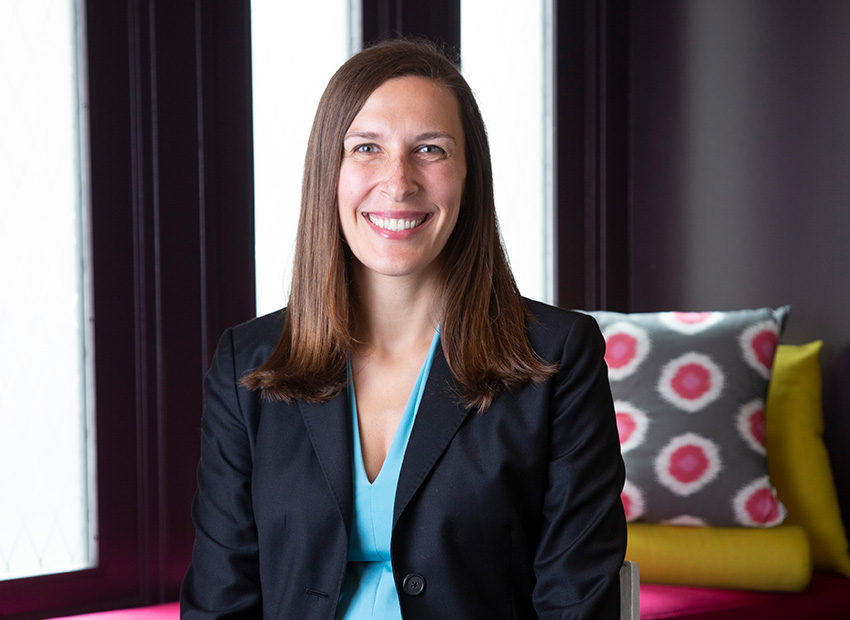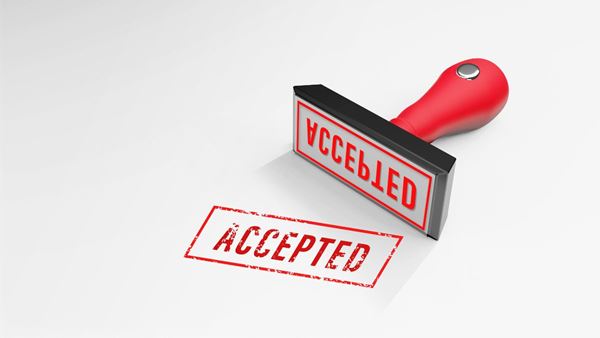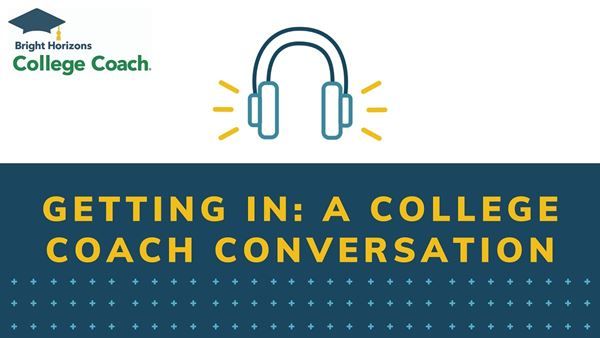What Are Post-Baccalaureate Programs?
Did you discover a passion for medicine in junior or senior year of college – or you graduated and want a career change? Maybe you weren’t able to complete all pre-requisite courses or you need to improve your science GPA before applying to medical school. It can seem overwhelming to know where to start. The good news is that you have options! One option is a post-baccalaureate (post-bac) program. Post-bac programs come in many different formats but the two main categories are career changer and record enhancement.
Career Changer Programs
These programs are typically geared towards career changers or recent graduates who have very few or no science courses. They consist of one or two years of study and also provide support in research and clinical experiences. One of the benefits of this type of program is their linkage programs. A linkage program is a formal agreement that allows highly qualified students to apply to “linked” medical schools before they complete their post-bac program, allowing them to skip the gap year that typically follows a post-bac. A career changer post-bacccalaureate program often, but not always, requires the student to step out of the work force and may have additional application requirements.
Career changer programs are offered by schools including Bryn Mawr College, University of Louisville, University of Colorado-Boulder, University of Florida, UC Berkeley Extension, Washington University in St. Louis, and Case Western Reserve University.
Record Enhancement Programs
These programs are designed for students who need to enhance their science GPA. For students who are only missing or need to retake a few science classes, this can be achieved as a non-degree student at a nearby college. For all other students, the main benefit of a record enhancement program is the structured curriculum, advising, and, sometimes, linkage programs. Some offer flexibility through night classes or number of courses each semester which may allow the student to continue to work.
You’ll find these programs at Washington University in St. Louis, UC Berkeley Extension, American University, Lake Erie College of Osteopathic Medicine, Creighton University, Saint Xavier University, and Temple University
Additional Resources
A post-bac program is not the only way to achieve a strong science record after college nor is it required to apply to medical school. There are a lot of things to consider before applying to a structured program. These may include location, cost, size, resources, linkage agreements, and so much more. Ask questions of the post-bac admissions office and request to speak with current students about their experience.
You can also reach out to the pre-med advising or career center at your college, even if you’ve already graduated; most colleges support both current students and alumni. The advisors will be able to provide guidance and support as you make your decision. If you do not have access to advising, NAAHP, an organization of health professions advisors, has volunteer advisors as well as FAQs about post-bac programs. Additionally, the AAMC, the organization that oversees the medical school application process, publishes a searchable database of Postbaccalaureate Premedical Programs.
To learn even more about post-bac programs, tune into the December 10th episode of Getting In: A College Coach Conversation.






